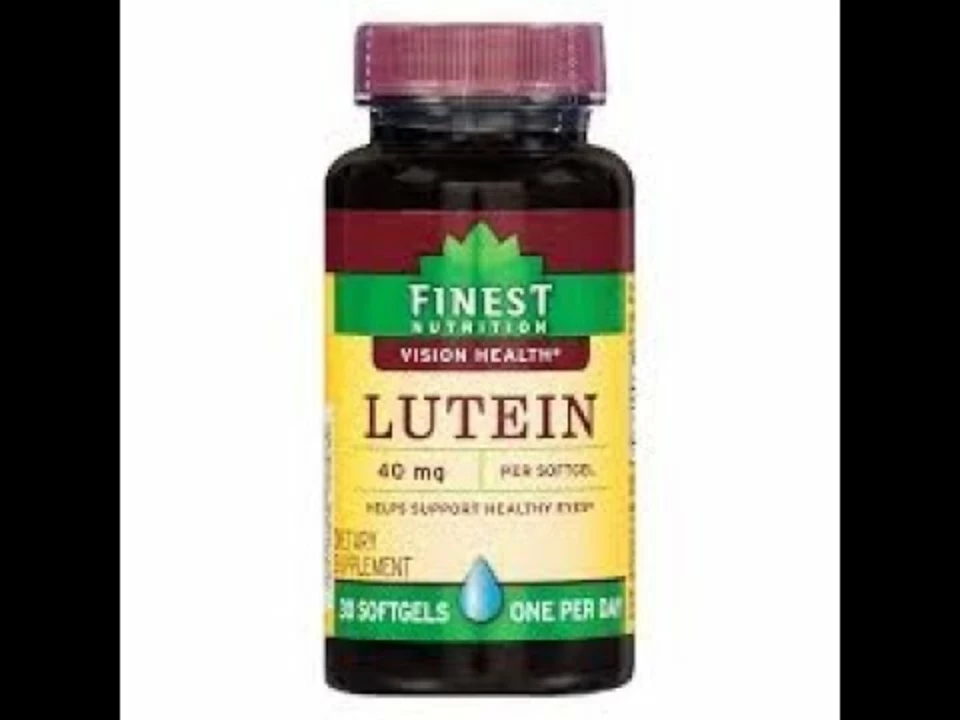Eye Health Guide – Simple Ways to Keep Your Vision Sharp
We all use our eyes for everything—reading, scrolling, driving. Yet most of us forget that good eye health needs daily care just like any other part of the body. Below are easy habits you can start right now to protect your sight.
Everyday Habits for Strong Eyes
First off, give your eyes a break from screens. The 20‑20‑20 rule works wonders: every 20 minutes, look at something 20 feet away for at least 20 seconds. This tiny pause relaxes the focusing muscles and reduces strain.
Don’t forget to keep the lighting balanced. Too bright or too dim light forces your eyes to work harder. Position a lamp so it lights the page without glare on the screen, and consider using a matte screen filter if you notice reflections.
Wear UV‑blocking sunglasses whenever you’re outdoors, even on cloudy days. UV rays speed up cataract formation and damage the delicate tissue at the back of your eye. A pair with 100% UVA/UVB protection is worth the investment.
If you smoke, think about quitting. Smoking lowers oxygen levels in the eyes and raises the risk of macular degeneration—a leading cause of vision loss.
Foods & Supplements That Boost Eye Health
What you eat matters a lot for your retina. Foods rich in lutein and zeaxanthin—like kale, spinach, and broccoli—act like natural sunglasses inside the eye, filtering harmful blue light.
Omega‑3 fatty acids found in salmon, sardines, and flaxseeds support tear production and reduce dry‑eye symptoms. Aim for two servings of fatty fish each week or consider a high‑quality supplement if you don’t eat enough seafood.
Vitamin C and vitamin E are antioxidants that protect eye cells from oxidative stress. A daily orange, handful of almonds, or a multivitamin can keep those levels up.
Don’t overlook the power of zinc. It helps transport vitamin A from your liver to the retina, essential for night vision. Beef, chickpeas, and pumpkin seeds are easy sources.
Hydration is often missed but vital—dry eyes feel gritty and can blur your sight. Aim for at least eight glasses of water a day, more if you’re active.
Regular eye exams are the backbone of good vision care. Even if you feel fine, an optometrist can catch early signs of glaucoma, cataracts, or macular degeneration before they affect daily life.
During the exam, ask about any new symptoms—floaters, flashes, or persistent redness. These could signal serious issues that need prompt attention.
Finally, protect your eyes during sports or DIY projects. Safety glasses aren’t just for construction; they guard against accidental impacts that can cause lasting damage.
By combining simple screen habits, protective eyewear, a nutrient‑rich diet, and regular check‑ups, you give your vision the best chance to stay clear and comfortable for years to come.
The role of acetyl-l-carnitine in promoting healthy vision
As a blogger, I've discovered the incredible benefits of acetyl-l-carnitine for maintaining healthy vision. This powerful amino acid plays a crucial role in supporting our eye health by promoting energy production and protecting our eyes from damage. Acetyl-l-carnitine also helps in reducing inflammation and oxidative stress, which are common factors causing vision loss. Furthermore, it aids in the regeneration of crucial visual cells and improves blood flow to the retina. Incorporating acetyl-l-carnitine into our daily routine can significantly boost our eye health and ensure a clear and vibrant vision.
